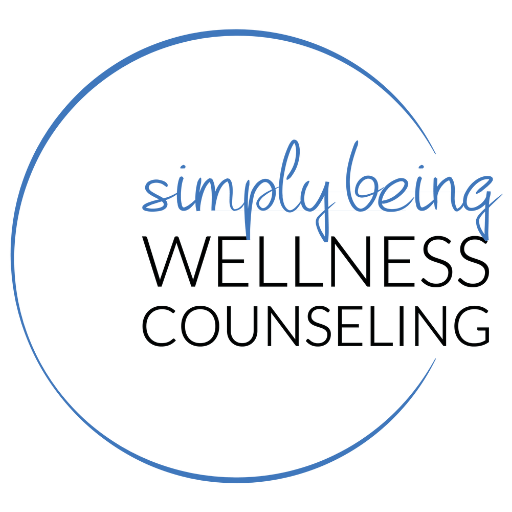3 Benefits to Setting Healthy Boundaries
Written by Meena Niazi
How do you protect your boundaries?
Do you consider yourself a “yes-person”? Someone who always takes account of others needs and prioritizes them above their own- then do you then feel bogged down and resentful? These could be signs that you may need to practice setting your boundaries.
To clarify, setting boundaries does not mean you’re being selfish however, it demonstrates that you are properly balancing your priorities and taking account of your own mental health. Boundaries allow you to protect your space (Selva, 2021). It can be challenging to set boundaries with friends and family members who are often seeking you out and there may be some push back however, this is all par for the course.
Benefits of boundary setting:
1. Increased time for self-care
2. Achieving own personal goals
3. Improving your relationships (Chesak, 2018).
You can find yourself setting boundaries with your work relationships, interpersonal relationships, or romantic relationships (Selva, 2021). The first step to setting healthy boundaries is to take inventory of your own needs. For example, if you are exhausted from a long day of work and a friend has messaged you and asked to meet up for dinner. It may be very easy to say yes. After all they’re your friend, you’ll get to eat,and hopefully have a good time. Pause and take a minute to take inventory of your own needs. Do you feel emotionally depleted today? Do you feel physically exhausted? Do you have the energy to be present? If the answers to these questions are yes, it’s important to set your boundaries.
In this instance it would be okay to tell your friend A. Tonight you need some time for yourself to relax or B. Suggest that if you do go out you can only spend a max of 2 hours. Setting these boundaries can help us keep ourselves accountable for our needs as well as our friends.
Similarly, in work relationships you want to sustain a positive working relationship and actively reply to requests. You might receive an email on 11pm on Saturday that is not an emergency however, is requesting a reply from you. You might feel motivated to reply in the moment however, the consequences can mean it can lead to a longer conversation thread that you’re not prepared for. Even with 0 consequences respect your own time and pause. Address your needs and boundaries and hold yourself accountable. If it is appropriate given the circumstance reply the next morning. And create a boundary that you will not reply to emails after 5pm.
These boundaries however big or small can improve your relationships (Chesak, 2018). By setting subtle STOP signs you are improving the longevity and health of your relationships.
To be a giver is great but also remember to give time for yourself. Setting boundaries allow the people in your life to better respect your space and address your needs. This is especially crucial if you work in human services such as,teaching, counseling, or nursing. These are all positions where you are accustomed to prioritizing and attending to others needswhich can feel great. However, if you are not addressing your own needs in your personal life this can lead to compassion fatigue and burnout both professionally and personally.
The first step to protecting your boundaries is learning how to set them. Take a moment today to assess what you need and make time for yourself.
And always remember you can’t draw from an empty well and to refuel your energy!
Meena is accepting clients for individual sessions. Please visit this page to learn more about her.
